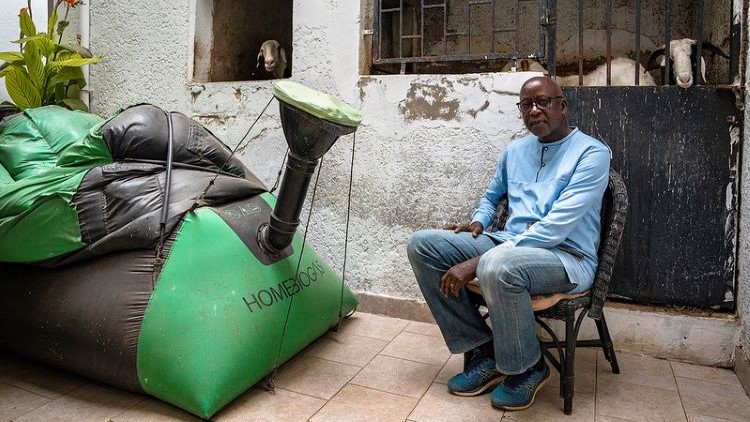The Diplomat
The Spanish Agency for International Development Cooperation (AECID) opened this past Monday, and until May 29, its call for innovation subsidies for development in 2024, in which an increase of 28 percent is recorded compared to the amount from the previous year.
Specifically, the Agency will increase the allocation of its innovation and knowledge for development subsidies to 11.5 million euros, compared to the maximum of nine million euros budgeted in 2023. The 2024 call, published last Friday, April 26 In the BOE, it has a budget of 8.5 million euros, expandable up to three million euros more.
In 2023 there has already been an increase of 135 percent compared to the previous year, in a call that has only increased in recent years. In 2019, up to three million euros were offered, an amount that increased to five million between 2020 and 2021, two years clearly conditioned by the need to increase support for innovation in the midst of the COVID-19 pandemic.
These grants are intended to finance projects carried out by companies, universities and NGDOs that implement innovative solutions in favor of the development of disadvantaged populations in more than thirty countries. They will also serve to promote research and applied studies in Spain with an innovative component.
In this context, the AECID “will select initiatives that promote a sustainable, inclusive development model, based on human rights, gender equality, cultural diversity and the fight against inequalities, respectful of the environment and nourished by the knowledge to promote increased productivity, social cohesion and environmental sustainability,” according to the Agency in a press release.
In 2023, the AECID subsidized, through this call, development cooperation actions in the field of innovation and knowledge activities, in ten countries around the world, to 19 institutions including private entities, NGDOs and universities and study centers.
Innovation actions can be carried out in one or more of the least advanced association countries -Ethiopia, Mauritania, Mozambique, Niger, Mali, Nigeria, Senegal and Haiti-, middle-income association countries -Bolivia, Colombia, Cuba, Ecuador, El Salvador, Philippines, Guatemala, Honduras, Morocco, Nicaragua, Palestine, Paraguay, Peru and the Dominican Republic -, and advanced cooperation – Argentina, Brazil, Chile, Costa Rica, Mexico, Panama, Uruguay, Cape Verde, Egypt, Equatorial Guinea, Tunisia, and Jordan-, as well as in Lebanon and in camps for the Saharawi refugee population in Tindouf (Algeria), Syria, Afghanistan and Ukraine.







